The U.S. Supreme Court on Friday rejected Texas’s bid to challenge the 2020 election results in four battleground states.
In an order, the justices denied Texas’s request to sue Pennsylvania, Georgia, Michigan, and Wisconsin, opining that the Lone Star State lacked legal standing—or capability—to sue under the Constitution because it has not shown a valid interest to intervene in how other states handle their elections.
Justice Samuel Alito issued a separate statement to say he would have granted Texas’s request to sue, but not the preliminary injunction, as he believes the Supreme Court is obligated to take up any case that falls within its “original jurisdiction,” meaning the court has the power to hear a case for the first time as opposed to reviewing a lower court’s decision. Justice Clarence Thomas joined Alito in his statement.
“In my view, we do not have discretion to deny the filing of a bill of complaint in a case that falls within our original jurisdiction. ... I would therefore grant the motion to file the bill of complaint but would not grant other relief, and I express no view on any other issue,” Alito wrote in his statement. He did not address the questions in the case.
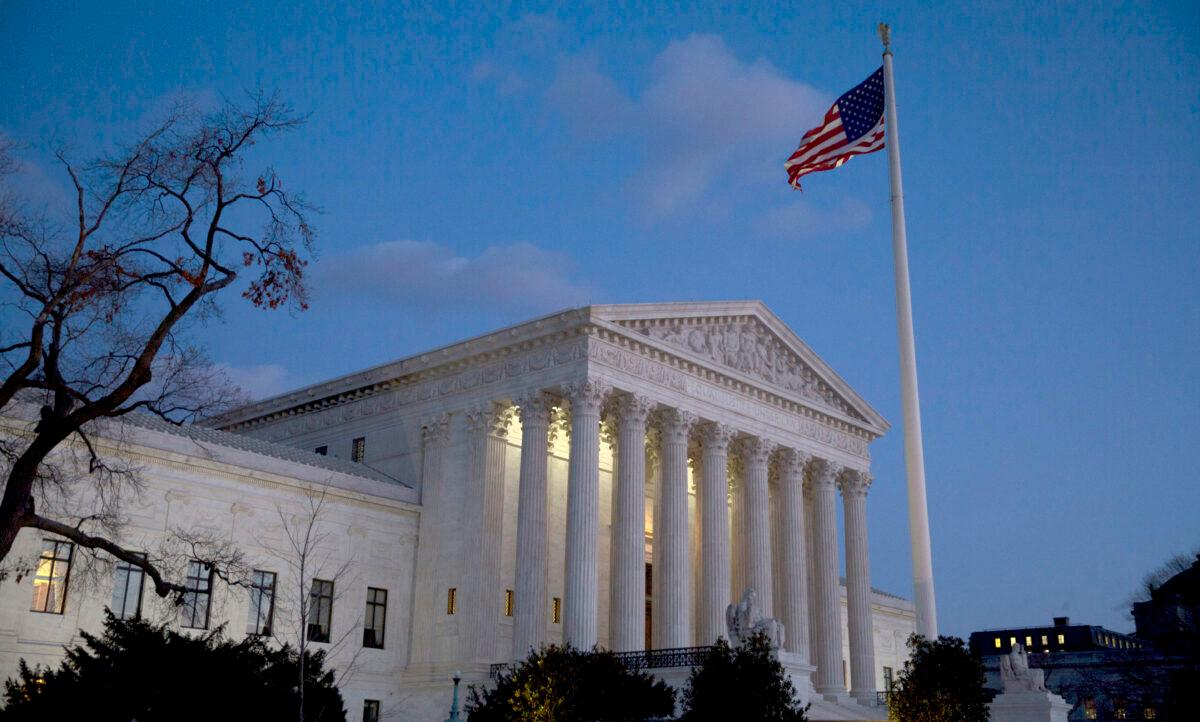
Texas Attorney General Ken Paxton and President Donald Trump’s campaign did not immediately respond to The Epoch Times’ request for comment.
Former New York City Mayor Rudy Giuliani, who is leading the Trump campaign’s legal efforts, told Newsmax that he thought the court’s decision to reject the case was a “terrible mistake.”
“The worst part of this is, basically, the court is saying, we want to stay out of this and ... they don’t want to give them a hearing, they don’t want the American people to hear the facts,” Giuliani said.
He added that since the court rejected the case based on legal standing, the president and some of the electors could bring another case in the district courts, alleging the same facts.
“These facts will remain in history unless they get resolved. They need to be heard, they need to be aired, and somebody needs to make a decision on whether they’re true or false. And some court’s gonna have to have the courage to make that decision,” he added.

Paxton released a statement shortly after the order, describing the decision as “unfortunate.”
The state of Texas had asked the Supreme Court on Dec. 7 for permission to sue the four battleground states in an attempt to protect the integrity of the 2020 election.
The Lone Star State has accused the four states of changing election rules in violation of the U.S. Constitution’s Electors Clause, unequal treatment of voters, and causing voting irregularities by relaxing ballot-integrity protections under state law, opening up potential for voting fraud.
Texas was hoping to obtain a declaration from the Supreme Court that the four states conducted their 2020 election in violation of the U.S. Constitution. It had also asked the court to prohibit the count of the Electoral College votes cast by the four states. For the defendant states that have already appointed electors, the suit asked the justices to order state legislatures to appoint new electors according to the U.S. Constitution.
“While these stunts are legally insignificant, their cost to our country—in misleading the public about a free and fair election and in tearing at our Constitution—is high and we will not tolerate them from our sister states or anyone else,” Shapiro added.
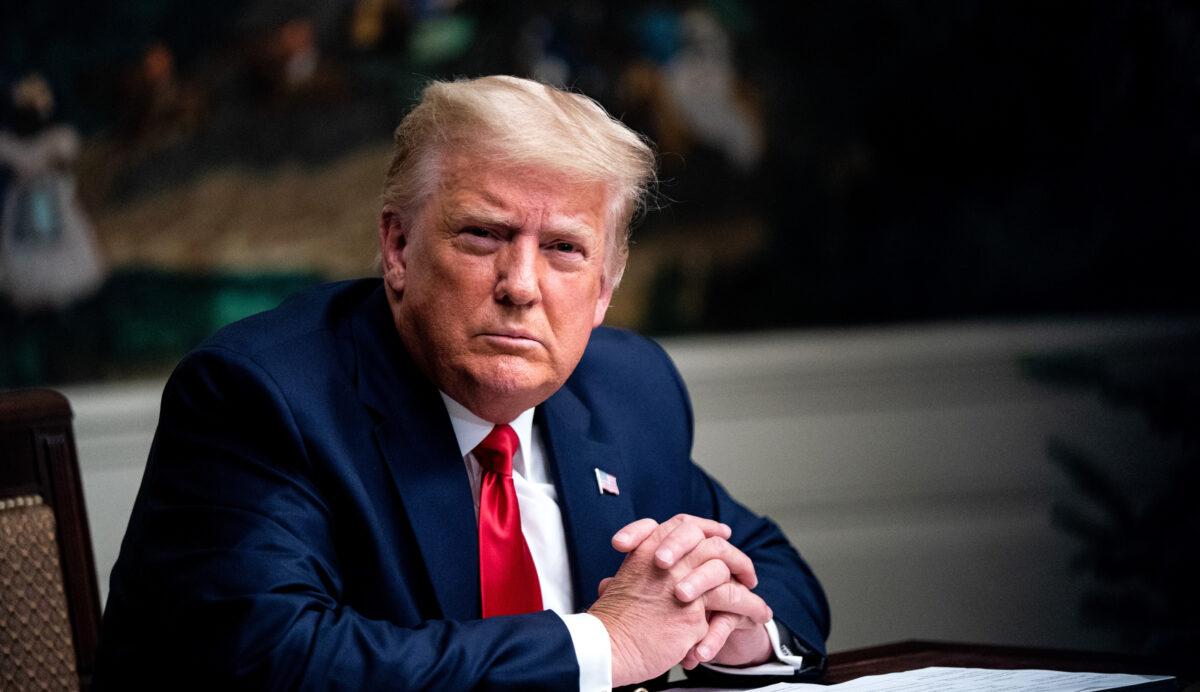
Trump and his allies have pinned great expectations on the Texas lawsuit, with the president characterizing the case as “the big one.” He had asked the Supreme Court to allow him to join the case as an intervening party. The president has not yet issued a public statement on the Supreme Court order.
After the lawsuit was filed, state attorneys general around the country began to express their position on the issues.
Nineteen Republican state attorneys general backed Texas in the lawsuit. The states they represent are Missouri, Alabama, Arkansas, Florida, Indiana, Kansas, Louisiana, Mississippi, Montana, Nebraska, North Dakota, Oklahoma, South Carolina, South Dakota, Tennessee, Utah, West Virginia, Arizona, and Alaska. Six of the states filed a motion to join the case as intervening parties: Missouri, Arkansas, Louisiana, Mississippi, South Carolina, and Utah.
Meanwhile, 20 Democratic state attorneys general backed the defendants: California, Colorado, Connecticut, Delaware, Hawaii, Illinois, Maine, Maryland, Massachusetts, Minnesota, Nevada, New Jersey, New Mexico, New York, North Carolina, Oregon, Rhode Island, Vermont, Virginia and Washington. None have filed motions to intervene.
The Republican attorneys general of Idaho and Wyoming declined to participate in the lawsuit. Republican Ohio Attorney General Dave Yost filed a brief on “behalf of neither party,” arguing in favor of the court resolving the central question raised by Texas but opposing the relief sought by the Lone Star State.
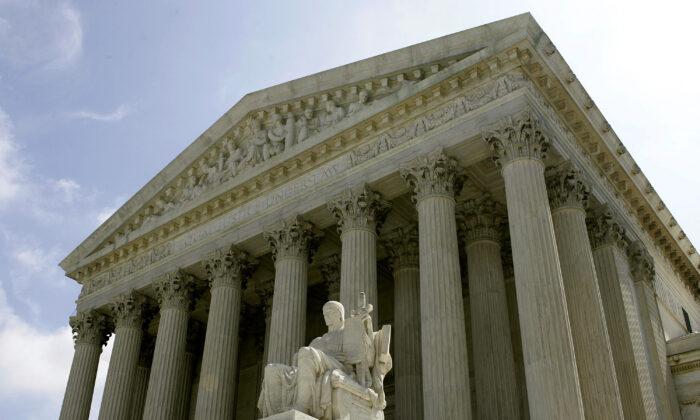

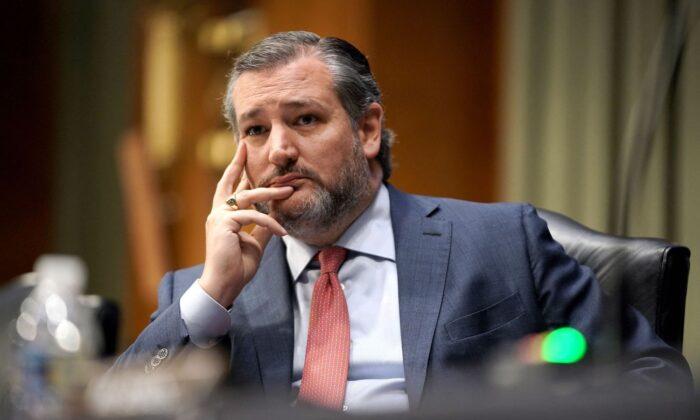
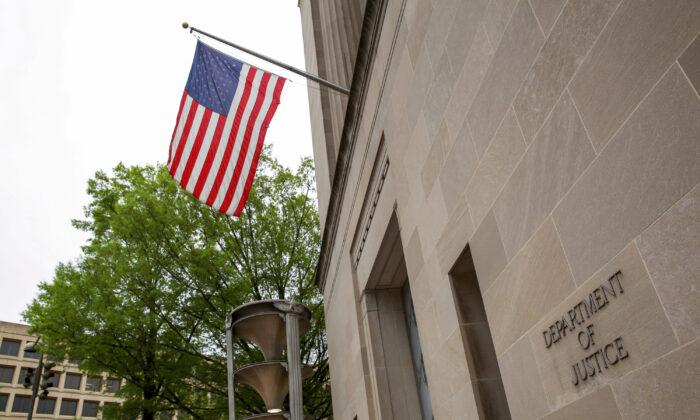
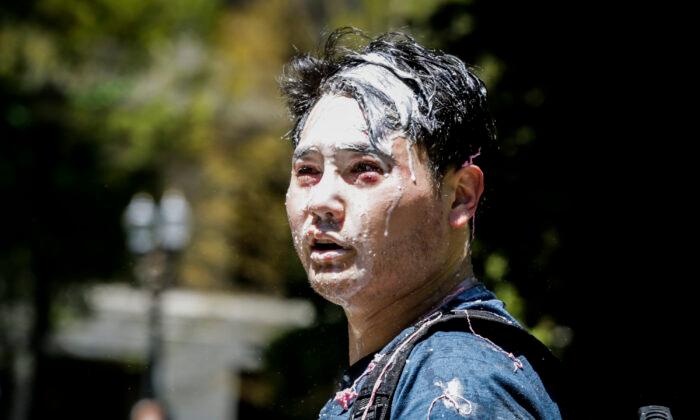
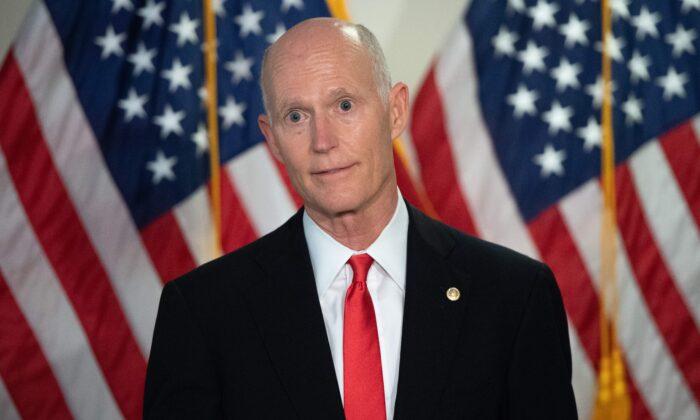
Friends Read Free